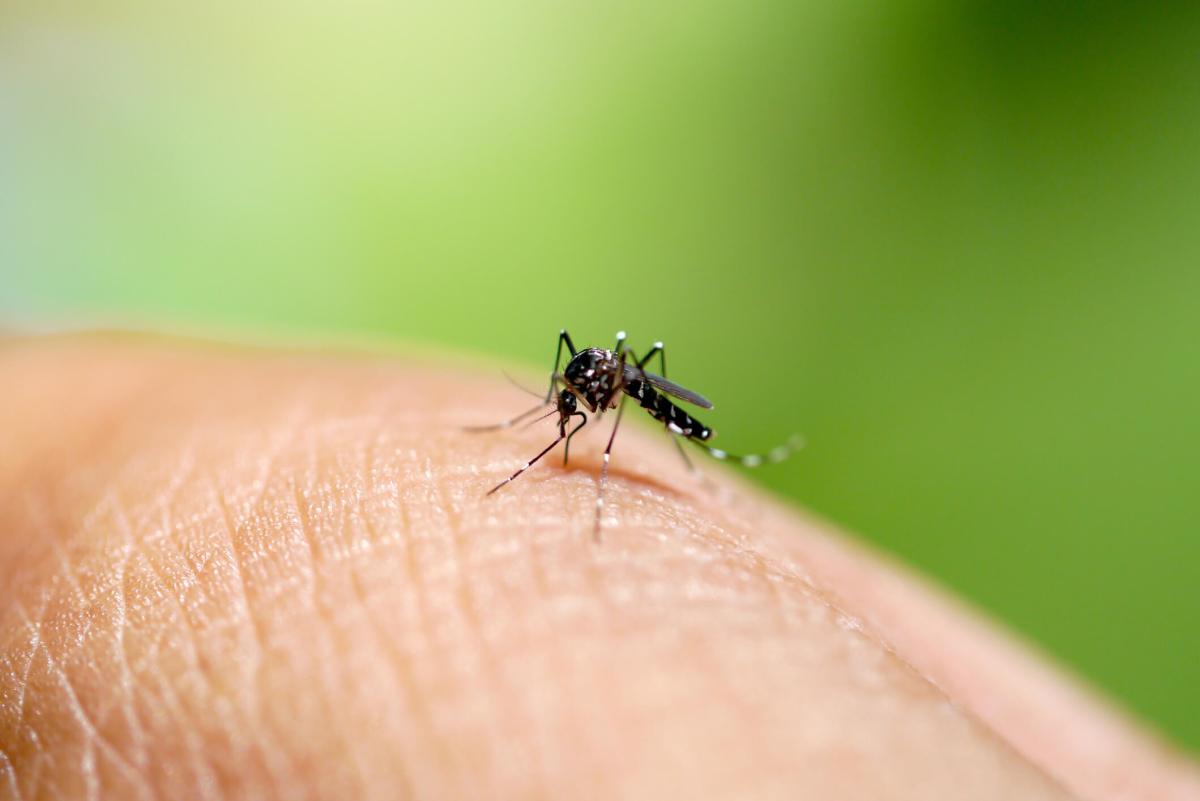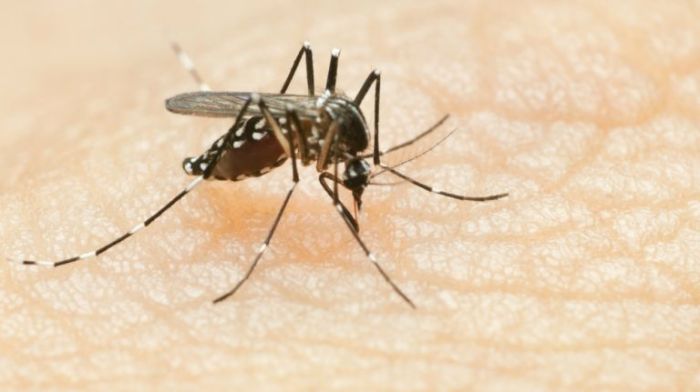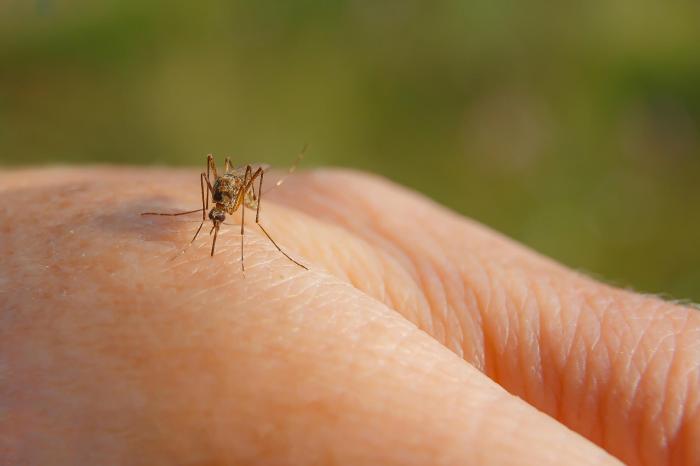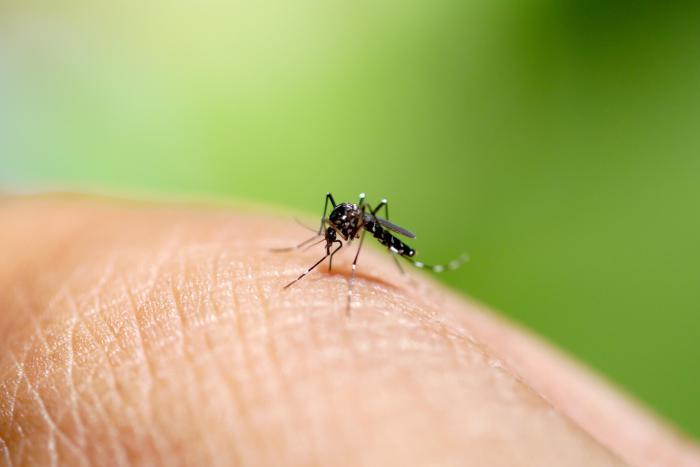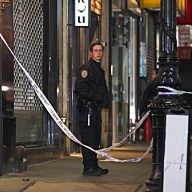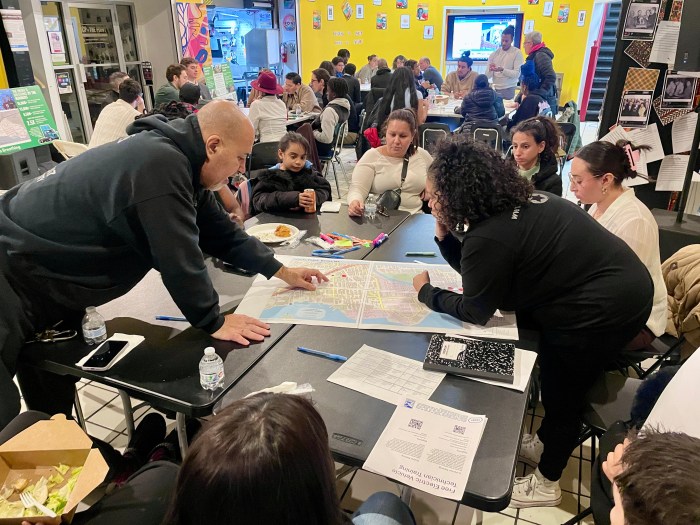The city’s Health Department (DOHMH) is warning some Staten Islanders to stay indoors the night of Monday, July 24, as workers apply pesticides in several North Shore neighborhoods to reduce the risk of West Nile Virus.
DOHMH will spray “very low concentrations” of Anvil 10+10, Duet, or Merus 3 adulticides in parts of West Brighton, Castleton Corners, and Westerleigh starting at 8:30 p.m. on Monday, working through the wee hours of the night until 6 a.m. the following morning.
The affected area is bound by Livermore Avenue to the west, Forest Avenue to the north, and Victory Boulevard to the south and east.
Officials say the health risks to humans and pets from the specific pesticides are very low, with the potential for short-term eye or throat irritation, but still suggests residents stay indoors Monday night. Experts recommend washing any skin and clothing exposed.
Most people who contract West Nile have no symptoms, while others develop mild symptoms such as fever, headache, body aches, joint pains, vomiting, diarrhea, or rash, and recover completely but may experience fatigue for weeks or months, according to the Centers for Disease Control and Prevention.
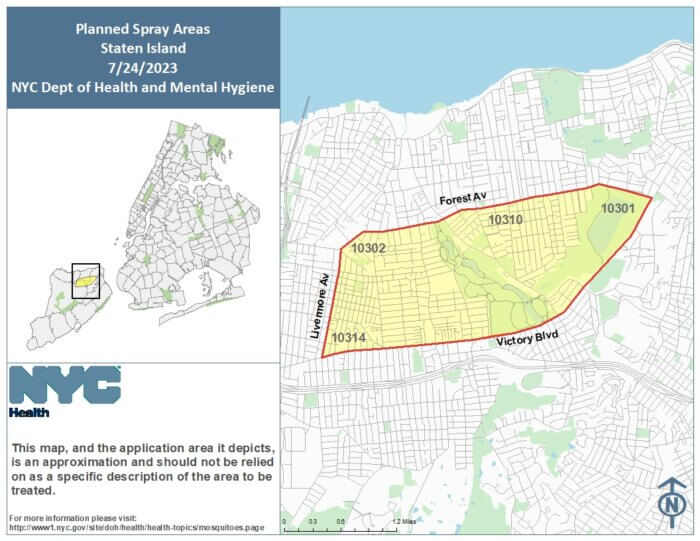
About 1 in 150 people who contract West Nile, however, develop severe illness affecting the central nervous system, including encephalitis (brain inflammation) or meningitis (inflammation of protective membranes around the brain or spinal cord), according to the CDC. Symptoms include high fever, headache, neck stiffness, stupor, disorientation, coma, tremors, convulsions, muscle weakness, vision loss, numbness and paralysis, the CDC says.
About 1 in 10 people who develop severe illness from West Nile die, while those who survive face a potentially months-long recovery and permanent nervous system damage. Older and immunocompromised people are at increased risk of severe illness.
The city clocked a record number of infected mosquito pools last year, and the virus was detected in two people from Brooklyn and Queens.



